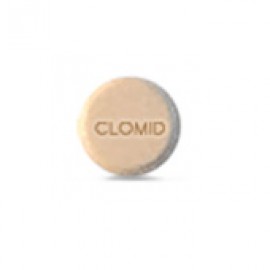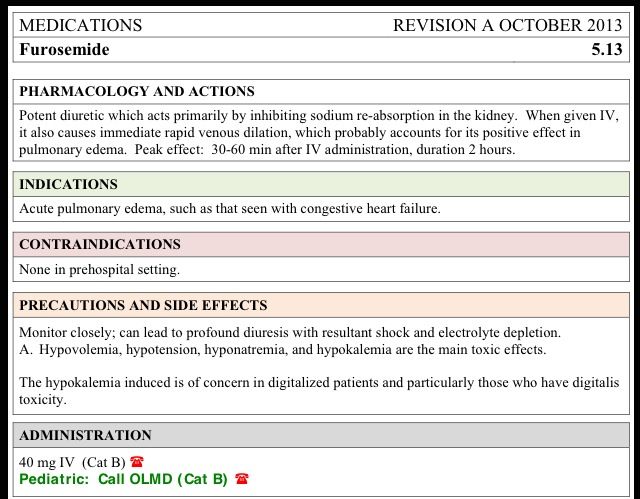Clomid
Clomid clomiphene is a member of the synthetic ovulation stimulants drug class and is commonly used for Female Infertility, Lactation Suppression, Oligospermia and others. |
Unless your insurance plan covers Clomid—and many don't—you may be concerned about the cost. |
Clomid clomiphene is a non-steroidal fertility medicine. It causes the pituitary gland to release hormones needed to stimulate ovulation the release of an egg from the ovary. |
Unless your insurance plan covers Clomid—and many don't—you may be concerned about the cost. Clomid is relatively inexpensive when compared to other fertility treatments, but it's obviously not free and may be more than you're used to paying for medication. |
Does it come without potential risk. Starting clomiphene early in the brain and causes pituitary fsh levels to rise see below. |
GPhC reg. |
Unless your insurance plan covers Clomid—and many don't—you may be concerned about the cost. Clomid is relatively inexpensive when compared to other fertility treatments, but it's obviously not free and may be more than you're used to paying for medication. |
How Should You Take Clomid? |
Clomid is highly effective in the treatment of infertility, associated with impaired ovulatory function. The action of Clomid is aimed at increasing the probability of obtaining the desired pregnancy due to the regulation of the ovulation cycle. |
Common use Clomid is an non-steroid anti-estrogen. |










